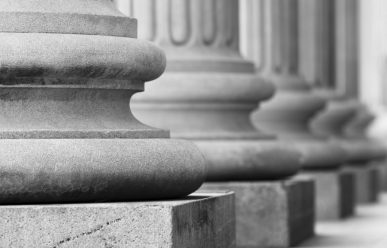In an article published in Law360 on August 25, 2025, Michal Shinnar discusses the Second Circuit’s ruling that the U.S. Equal Employment Opportunity Commission may continue investigating a worker’s charge even if the employee has filed a separate lawsuit.
The precedential decision, which reflects a growing consensus among federal appeals courts on the breadth of the agency’s powers, affirms that EEOC does not yield its ability to process a worker’s charge simply because the employee behind the filing has gone to court. Although the Supreme Court has not addressed the issue directly, high court rulings dating back to 1977 have laid the foundation that EEOC investigations operate independently of private litigation as the agency’s mission is to advance the public interest, not merely to remedy individual grievances.
Michal said the Second Circuit’s decision is the proper interpretation of the commission’s authority because the EEOC can secure forms of justice that may be out of reach for an individual employee. The commission has the power to ask a court for broad, injunctive relief, like mandated antidiscrimination training or recurring compliance reporting. The agency can also bring a class action claim without going through the certification process that individuals bringing class-wide claims must hurdle. “These are rights given to the EEOC, and they can’t be taken away because of what a private party does. The EEOC has its own interest,” she said.
Continue reading “More Courts Taking Broad View Of EEOC Investigative Power” on the Law360 website (subscription required).



